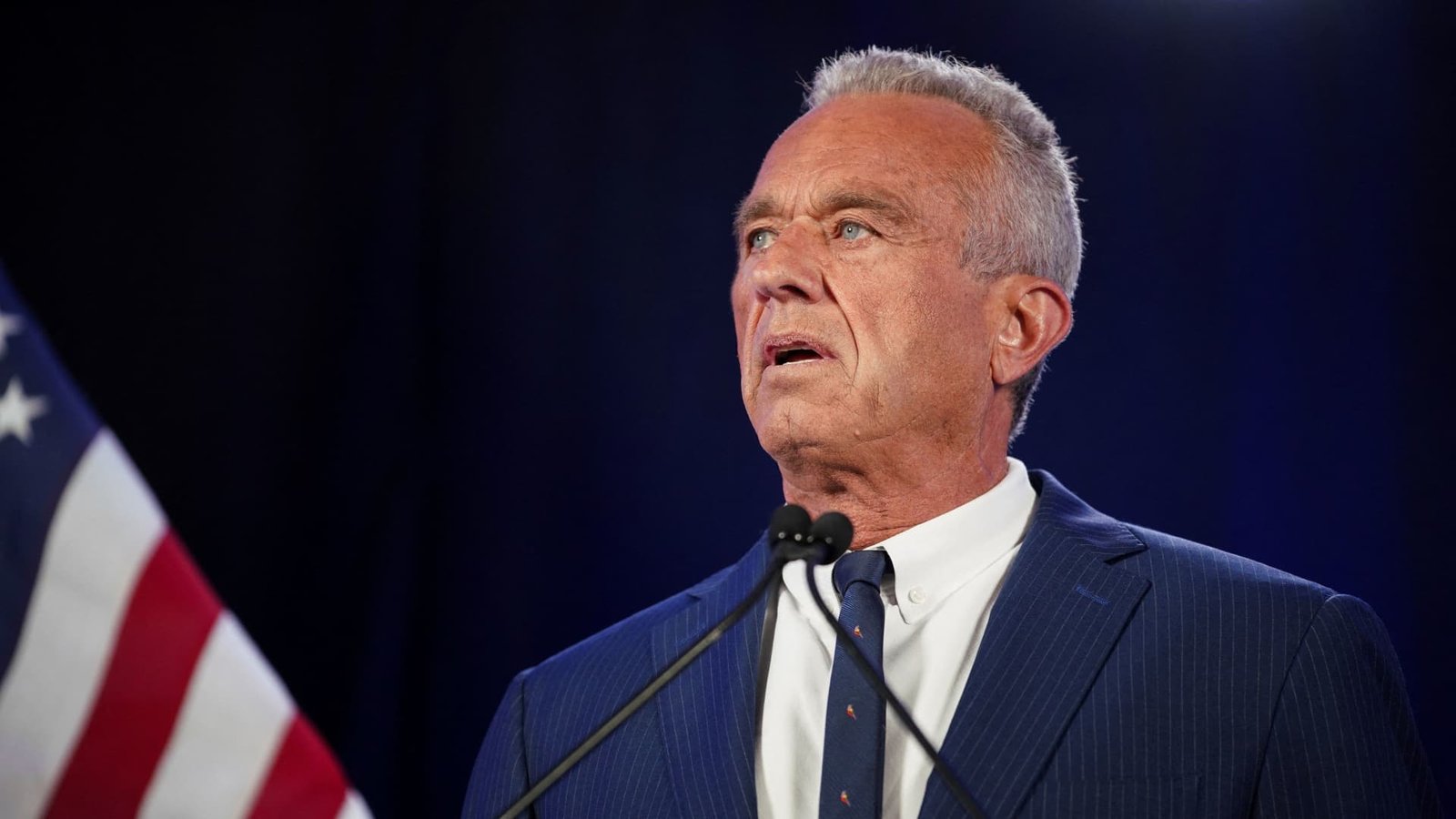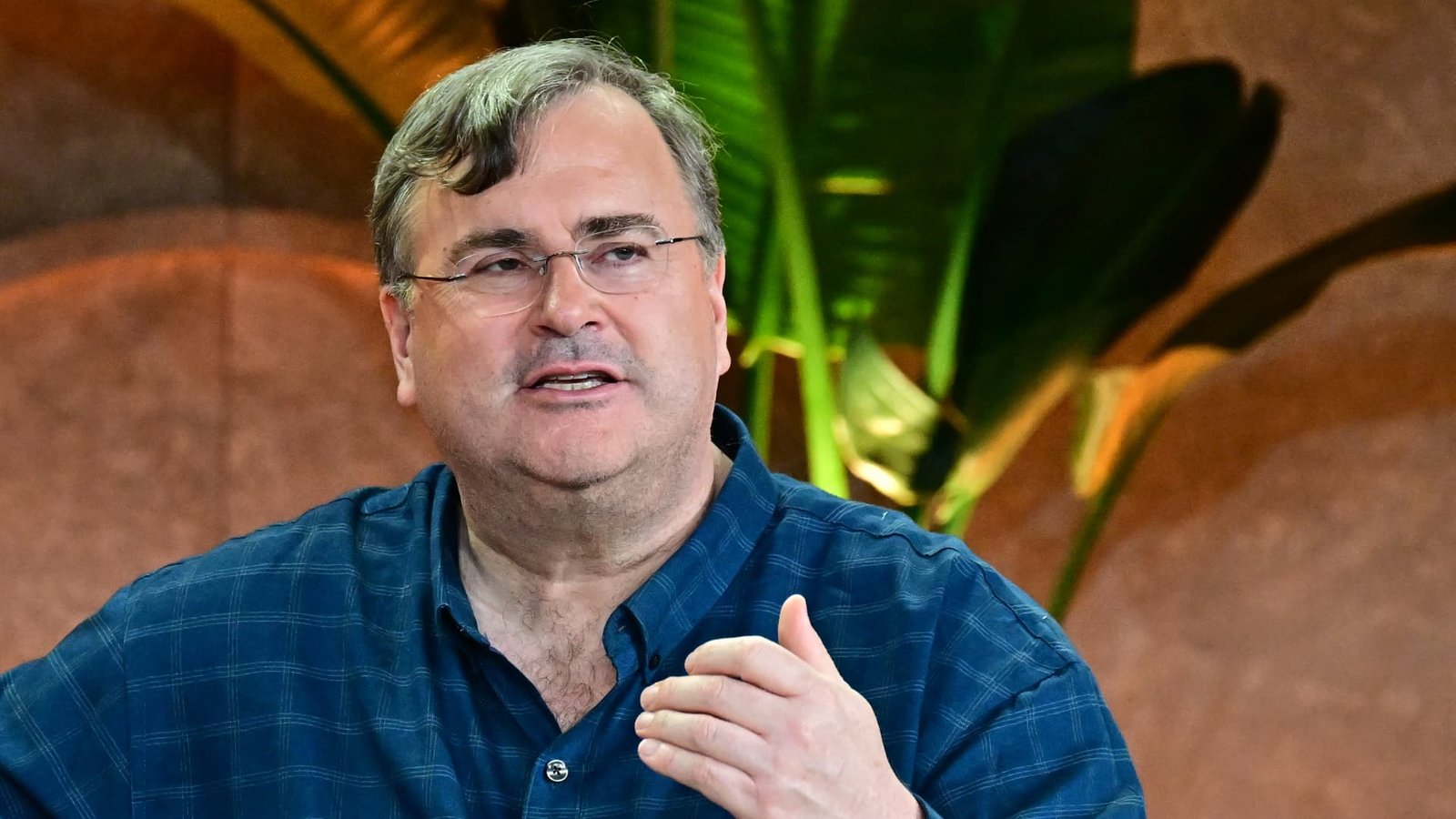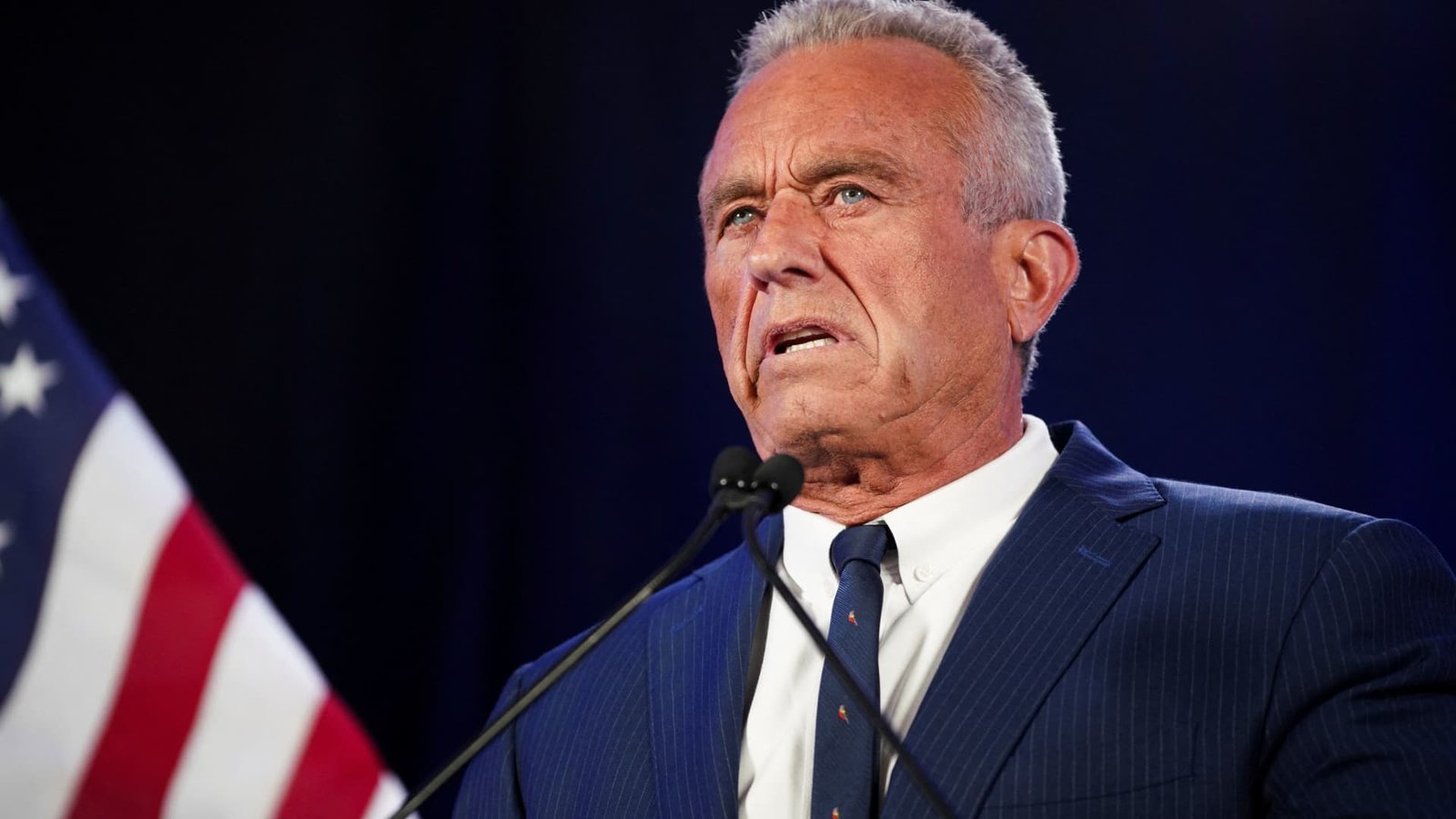President-elect Donald Trump has chosen Robert F. Kennedy Jr. to lead the Department of Health and Human Services, a decision that has sparked concerns in the public health sector and has the biotech and pharmaceutical industries preparing for potential disruptions in drug development. Trump’s announcement on Thursday positions Kennedy, a well-known vaccine skeptic, as a strong contender for the nation’s top health-care role. The Republican-controlled Senate will have the final say on his confirmation, although Trump has hinted at the possibility of bypassing this process through recess appointments.
If confirmed, Kennedy will oversee a $1.7 trillion agency responsible for managing vaccines, medicines, scientific research, public health infrastructure, pandemic preparedness, food and tobacco products. HHS also administers government-funded health care for millions of Americans, including those reliant on Medicare, Medicaid, and the Affordable Care Act’s markets. The heads of key health agencies like the FDA, CDC, NIH, and CMS report to the HHS secretary, although Trump has yet to nominate individuals for these positions.
Health policy experts anticipate that Kennedy’s appointment could impact vaccine skepticism, funding allocations, research priorities, and regulatory decisions within the health sector. Kennedy’s proposed agenda, “Make America Healthy Again,” aims to address what he perceives as corruption within health agencies and advocate for reforms that align with his views on health and science.
While Kennedy may have influence over certain aspects of health policy, there are limitations to his authority, particularly in implementing drastic changes that require congressional approval or may face legal challenges. His stance on vaccines, chronic diseases, food additives, and other health-related issues could potentially shape public health initiatives and regulatory decisions during his tenure as HHS secretary.
Kennedy’s appointment has raised concerns among experts regarding the potential impact on vaccine policies, research priorities, and public health initiatives. His history of vaccine skepticism and controversial views on health and science could lead to shifts in health policy that may affect vaccine uptake and public health outcomes. Despite these concerns, the extent of Kennedy’s influence and the feasibility of implementing his proposed changes remain subject to regulatory processes, legal constraints, and congressional oversight.




